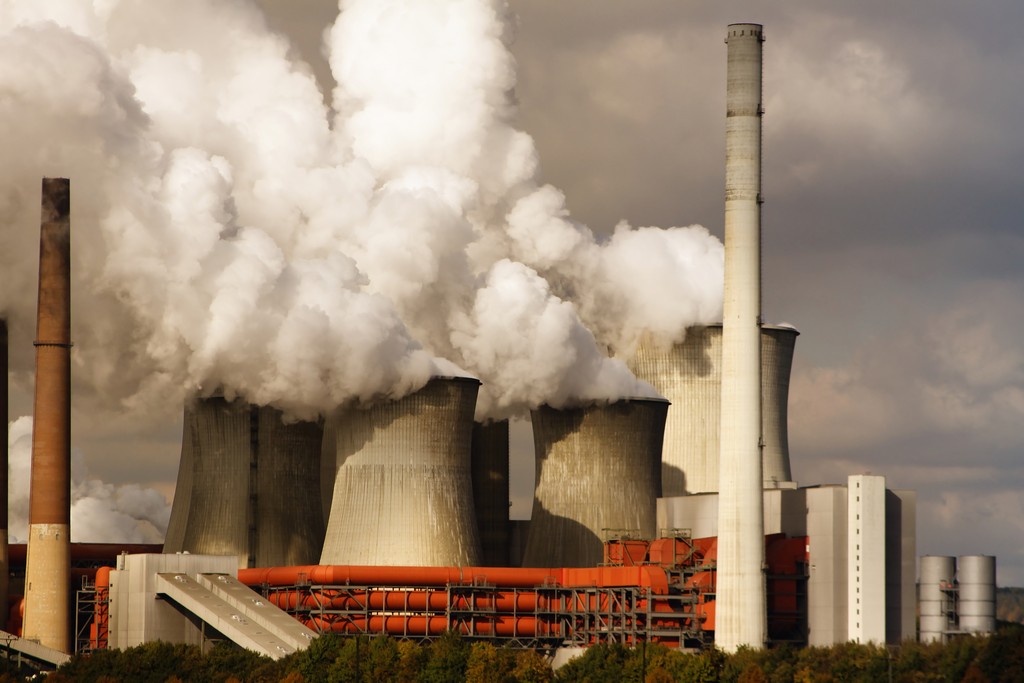DOE excludes existing plants’ expansion plans from coal moratorium
- January 13, 2021
- 0

Existing coal-fired power plants will be free to expand their facilities, according to the Department of Energy’s (DOE) coal moratorium policy.
Aside from expansion projects, exemptions from the moratorium include committed power projects and indicative power projects with substantial permitting accomplishments.
Though the policy has been implemented since October 27, 2020, it was only finalized and formalized through a memorandum issued last December 22, which was uploaded in the DOE’s website only last Monday (January 11).
Indicative coal plant projects that could still be implemented include the following: a) those with signed and notarized acquisition of land or lease agreement for the project; and b) those with approved permits or resolutions from local government units and the Regional Development Council where the power plants will be located.
Overall, the coal moratorium covers only new power plant developments still awaiting the DOE’s endorsement.
Among other objectives, the DOE is implementing the policy in a bid to achieve flexibility and improved sustainability. This is also in recognition of the increasing role of renewable energy technologies in the country’s current and future energy mix.
The department added that the policy provides an opportunity for power sector stakeholders to improve operations of its systems and its existing generation portfolio to achieve greater grid reliability in the future.